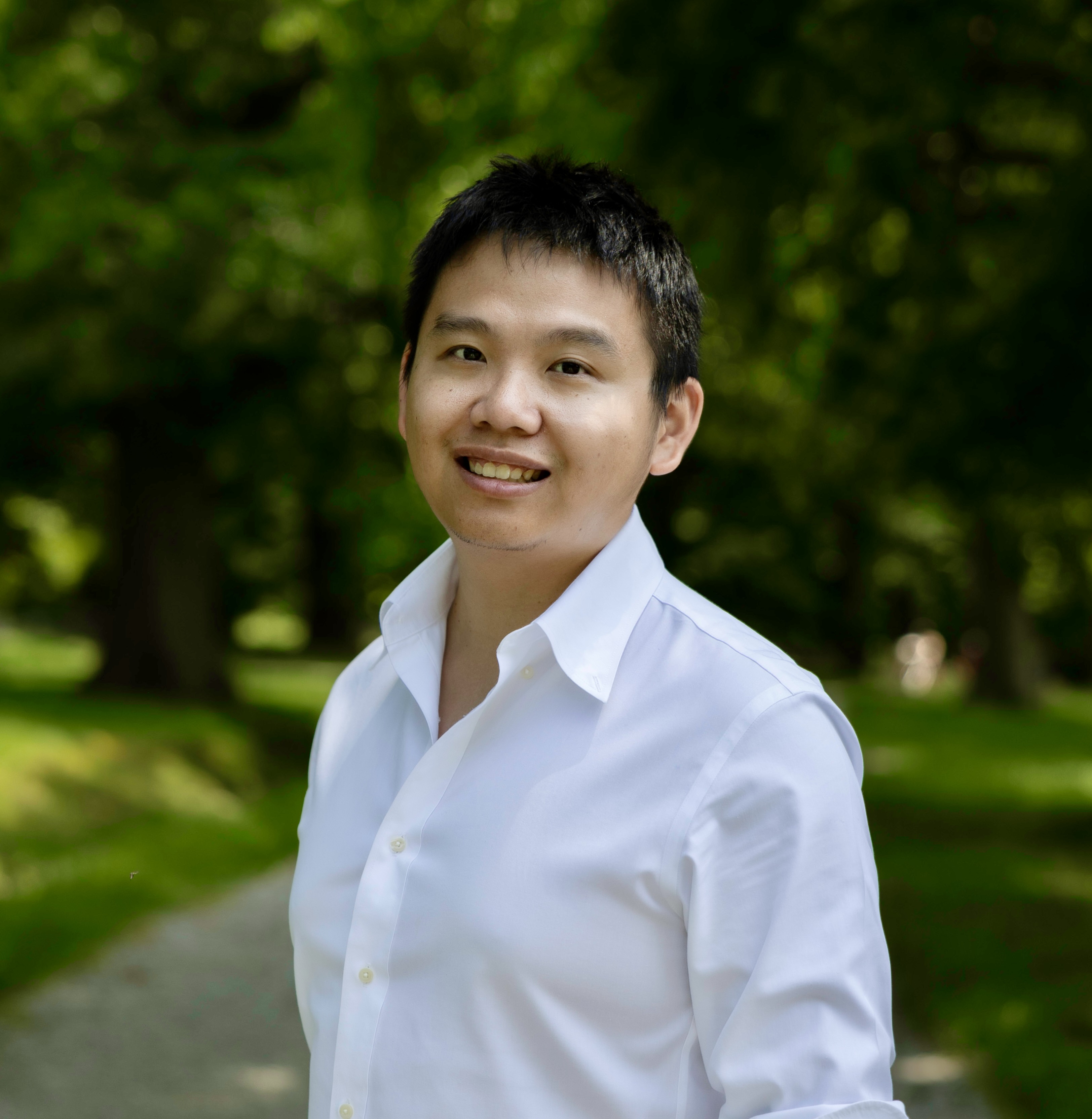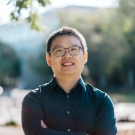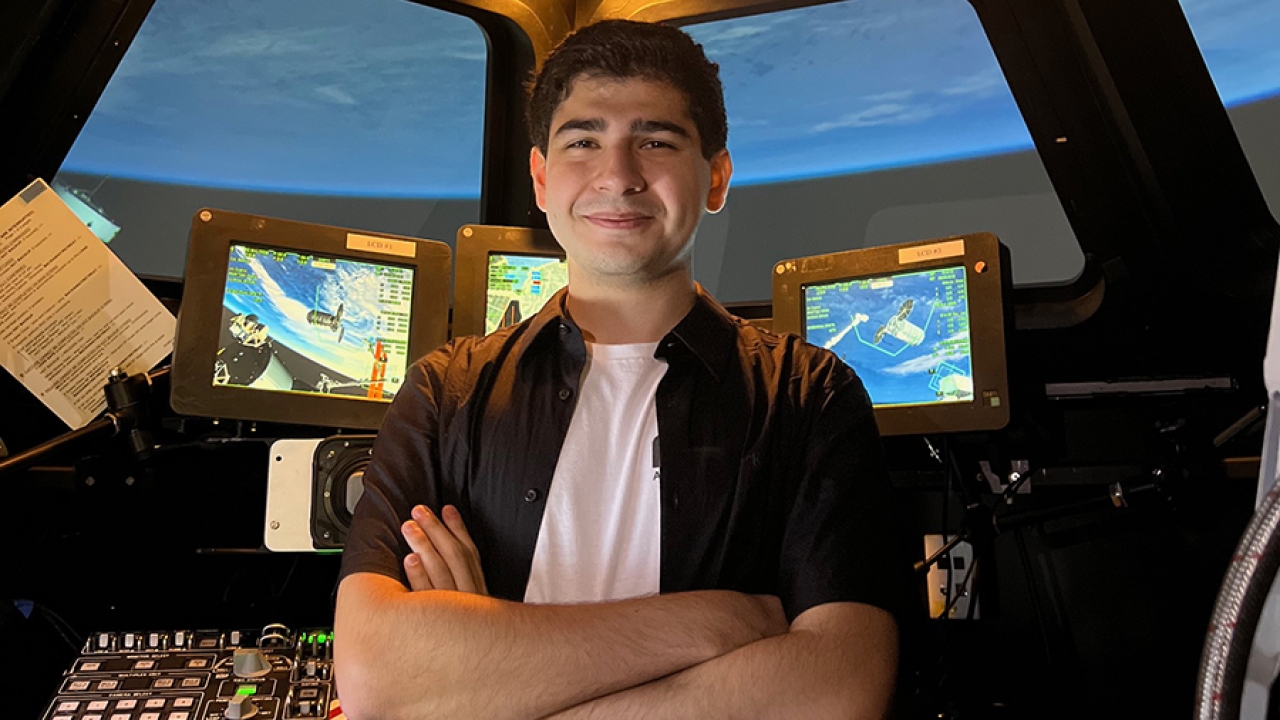Cultivating Collaboration: New Faculty Member Dongyu Liu Connects People to AI and with Each Other

Dongyu Liu's website features the standard materials of an academic researcher: a CV, published research, a list of talks. But what catches the eye on Liu's site is a page of photos: Liu and his labmates at a lake retreat and on a ski trip; Liu's supervisor handing him a slice of cake at his graduation; a lab-wide breakfast after an all-nighter to hit a deadline.
The photos exude a familial community atmosphere. Liu began his appointment as an assistant professor in the Department of Computer Science at the University of California, Davis in July and believes this connectedness with his colleagues and mentors benefits his research and collaboration with his peers.
"Building such an inclusive and collaborative environment significantly enhances your productivity in research because people like working in the lab," said Liu. "Maybe sometimes we're hanging out or hiking, and we are still talking research, but maybe in a more casual way. It can inspire a lot of new thinking."
Building Trust with Machines
Liu's interest in connection goes beyond human-to-human interaction. He has dedicated his academic career, which began with a Bachelor of Engineering degree in computer science and technology from Zhejiang University in China, to better interactions between users and machine-learning tools.
For instance, after earning his doctorate in computer science and engineering from the Hong Kong University of Science and Technology, Liu worked as a postdoctoral researcher at the Massachusetts Institute of Technology and co-led a project that implemented a machine-learning tool into the screening process of child abuse calls for a Colorado child welfare department. The tool, called Sibyl, predicts the likelihood that a child will be removed from their home based on more than 100 factors, including parents' ages and past court involvement.
In addition to integrating the machine-learning tool into the overall decision-making process, Liu and his colleagues observed the human screeners' interactions with the AI through visualization interfaces. Based on the screeners' feedback, they determined how to improve the interface and build trust and collaboration between the user and the machine.
Visualizing Future Impacts
Liu is excited about joining UC Davis to continue his research into human-AI collaboration, as well as the ample opportunities to build more person-to-person connections with other researchers.
"I really appreciate the interdisciplinary culture of UC Davis, especially in the College of Engineering," said Liu. "I feel like it has a strong connection between different disciplines — we have computer science, aerospace engineering, biomedical engineering. I'm seeing a lot of faculty collaborate with each other from different departments to achieve big things. These sorts of things will be the motivation for me to continually seek collaborations outside my lab, to get my research to make a real impact."
Liu is establishing his new research lab called Visualization and Intelligence Augmentation (VIA) with a mission to build visualization-empowered human-AI collaboration systems to augment human intelligence for decision-making. He hopes his research will ultimately result in
data-analytic techniques and machine-learning tools that contribute solutions to critical domains like clinical health care, sustainability, urban air quality and renewable energy.
Some of Liu's work has already touched on these big-picture topics. In 2020, he worked with clinicians to develop a machine-learning tool that could be applied to electronic health records, earning an Institute of Electrical and Electronics Engineers VIS Best Paper Honorable Mention for the resulting paper.
Family First
First and foremost, however, Liu's priority is getting into the lab, welcoming his students and connecting them with each other to build the family atmosphere he feels is critical to getting the best work out of everyone.
"We're not trying to have separate people on different projects. We're trying to encourage collaborations," said Liu. "I really enjoy the kinds of collaborations that make me feel like I'm part of a family."





